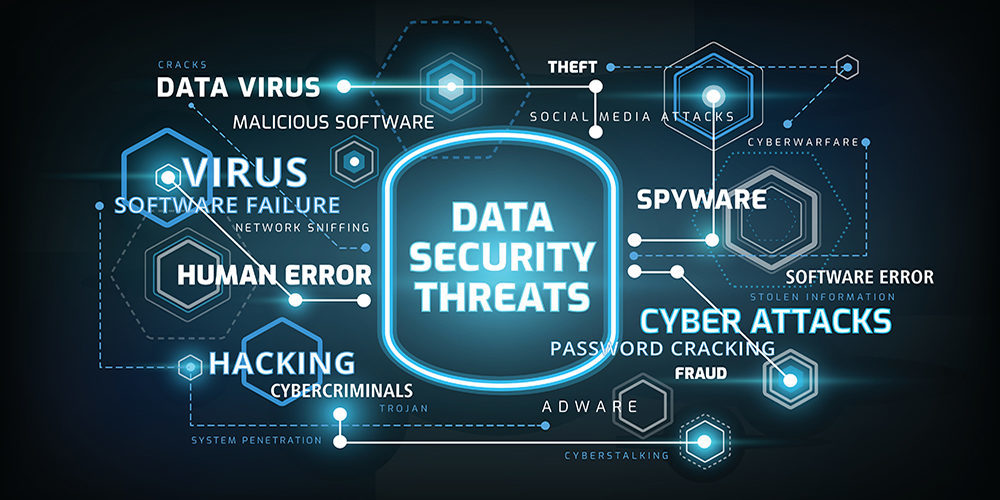Effective endpoint security solutions help detect and prevent malware from compromising devices and networks. Data protection: Endpoints often contain sensitive data. Securing them helps prevent data breaches and unauthorized access to confidential information, protecting both the organization and its customers. Here’s what you need to do.
In the ever-evolving landscape of cybersecurity threats, the need for robust defenses against malware is more critical than ever. Malicious software, or malware, comes in various forms, with attackers constantly devising new and sophisticated techniques to breach network security. One of the key strategies in safeguarding against these threats is the implementation of effective Endpoint Malware Protection.
Understanding Endpoint Malware Protection

source: bluecartechnologies.com
Endpoint Malware Protection refers to the security measures deployed on individual devices, or endpoints, within a network. These endpoints could include desktops, laptops, mobile devices, and servers. The goal is to prevent, detect, and respond to malware attacks at the point of entry, which is often a user’s device.
Defending Against Zero-Day Malware
Zero-Day malware poses a particularly challenging threat as it exploits vulnerabilities that are unknown to the software vendor. These vulnerabilities are called “zero-day” because there are zero days of protection against them until a patch is developed. Endpoint Malware Protection plays a crucial role in defending against Zero-Day attacks by employing advanced threat detection mechanisms.
Behavioral Analysis: Endpoint protection solutions utilize behavioral analysis to identify patterns and behaviors that deviate from the norm. This proactive approach allows the system to detect and block previously unknown threats based on their unusual activities.
Heuristic Analysis: This method involves identifying malware based on characteristics and behaviors that are indicative of malicious intent. By analyzing code and behavior patterns, heuristic analysis can flag potential threats even if they have not been encountered before.
Sandboxing: Some Endpoint Malware Protection solutions use sandboxing, creating isolated environments to execute suspicious files. If the file exhibits malicious behavior in the sandbox, it is flagged and prevented from entering the network.
The Importance for Network Security

source: mytechdecisions.com
Securing individual endpoints is paramount because these devices serve as entry points for malware into the broader network. Once malware infiltrates an endpoint, it can spread laterally, compromising other devices and systems within the network. Here’s why Endpoint Malware Protection is crucial for overall network security:
Minimizing Attack Surface: Endpoint protection reduces the attack surface by preventing malware from gaining a foothold on individual devices. This is the first line of defense in preventing the spread of infections across the network.
Early Detection and Response: Rapid detection of malware is essential for timely response and mitigation. Endpoint protection solutions provide real-time monitoring, enabling organizations to identify and contain threats before significant damage occurs.
Data Protection: Malware attacks often aim to compromise sensitive data. Endpoint protection helps safeguard critical information stored on devices, preventing unauthorized access and data breaches.
Comprehensive Security Strategy: Endpoint protection is a crucial component of a comprehensive security strategy. When combined with network-level security measures, it creates a multi-layered defense that enhances overall resilience against cyber threats.

source: pinterest.com
Endpoint Malware Protection isn’t just an option but a necessity in today’s cybersecurity landscape. As threats continue to evolve, organizations must adopt proactive measures to secure their networks and sensitive data. Defending against Zero-Day malware requires a combination of advanced technologies and a comprehensive approach to endpoint security. By prioritizing Endpoint Malware Protection, organizations can significantly strengthen their overall network security posture and stay ahead of the ever-present threat landscape.




